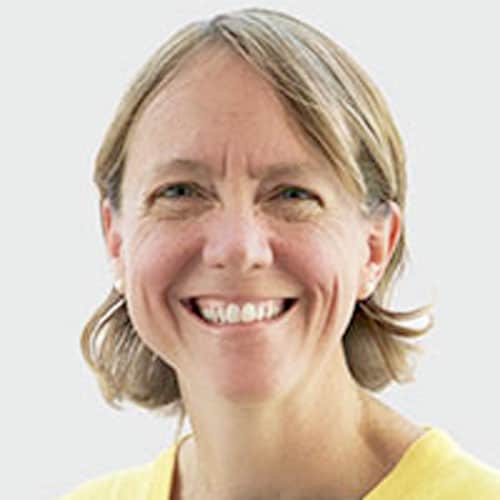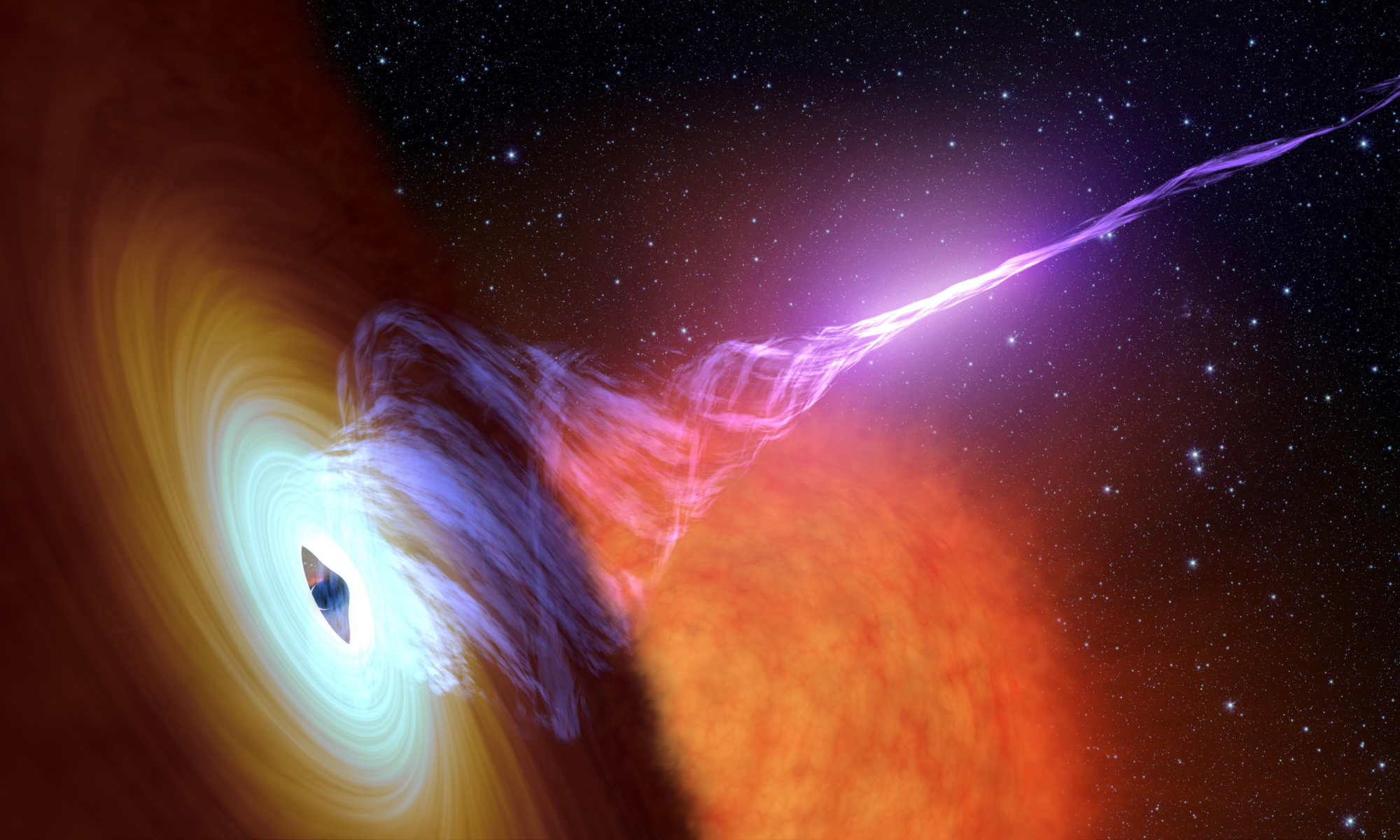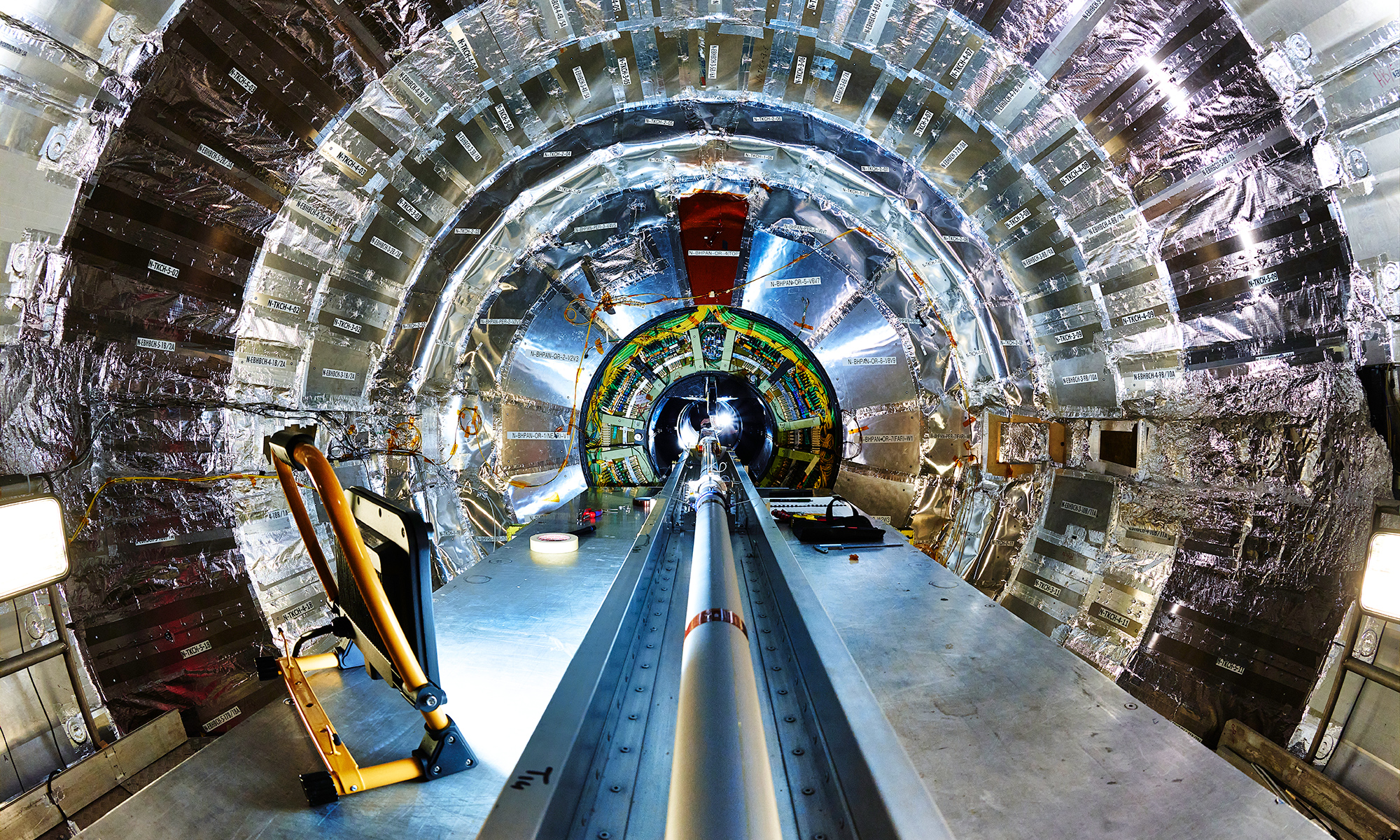National Institutes of Health medical scientist and University of Rochester graduate Harvey Alter has been awarded a 2020 Nobel Prize for work that has led to diagnostic tests and treatments for a life-threatening form of hepatitis.
In recognizing Alter as one of three recipients for the Nobel Prize in Physiology or Medicine, the Nobel committee cited the scientists “for the discovery of Hepatitis C virus.”
“Thanks to their discovery, highly sensitive blood tests for the virus are now available and these have essentially eliminated post-transfusion hepatitis in many parts of the world, greatly improving global health,” the committee noted.
Joining Alter, who received his BA from Rochester in 1956 and his MD degree in 1960, were British scientist Michael Houghton and Rockefeller University scientist Charles Rice.
University of Rochester President Sarah Mangelsdorf praised Alter as an example of Rochester’s tradition of using education to improve the world.
“We are enormously proud that Harvey Alter has received the 2020 Nobel Prize in Physiology or Medicine,” Mangelsdorf said. “Dr. Alter exemplifies Rochester’s long tradition of scientific research and discovery. His contributions to solving the global public health challenge of Hepatitis C are an example of Meliora in action—making the world ‘ever better.’ We are honored to count him among our most distinguished alumni.”
Mark Taubman, the CEO of the University of Rochester Medical Center and dean of the School of Medicine and Dentistry, also praised Alter for his pioneering work.
“We send our warmest congratulations to Dr. Alter, whose incredible contributions to infectious disease research have had an enormous influence on public health and are well deserving of such a high honor,” Taubman said. “We’re proud that Dr. Alter’s distinguished medical career began here, and hope his accomplishments provide inspiration to the young physicians and scientists to-be who are studying and training within the same walls.”
Lynne Maquat, the J. Lowell Orbison Distinguished Service Alumni Professor and director of the Center for RNA Biology at the University of Rochester School of Medicine and Dentistry, said Alter’s efforts to reduce the dangers caused by a virus hold important lessons for how medical science can improve human lives.
“In these days of COVID-19, Dr. Alter’s dedication to eliminating problems caused by another virus—hepatitis C infections transmitted by blood transfusions—engenders hope for us all,” Maquat said. “Dr. Alter is a gentleman and a scholar who, through science, has dedicated a large portion of his life to bettering the health of mankind.”
What is hepatitis C?
When it comes to hepatitis C, what you don’t know can hurt you. That’s because most people who have the liver infection don’t have symptoms, so may not even know they have it. UR Medicine Gastroenterology and Hepatology clinical pharmacy specialist Lisa Cristofaro explains what it is, why detecting it matters, and who’s at risk.
Alter is the 13th Rochester graduate or faculty member to receive a Nobel Prize. Most recently, the 2018 prize in physics was awarded to optical scientist Donna Strickland ’89 (PhD) and Gérard Mourou, a former engineer and senior scientist at the Laboratory for Laser Energetics, for their work developing “chirped-pulse amplification,” a breakthrough that has helped transform medical surgery, manufacturing, computer technology, and other fields. That same year, Paul Romer, a former assistant professor in the Department of Economics, was awarded a shared Nobel Prize in Economic Sciences.
One of the nation’s most distinguished medical scientists, Alter pioneered a revolution in the understanding of hepatitis, the clinical science of blood transfusion, and the care of people who suffer from blood-borne viruses and diseases.
In a fifty-year career as a scientist at the NIH, Alter helped lead research initiatives to isolate strains of hepatitis that had been previously undetected. Recognizing that too many patients were at risk of being infected with hepatitis when they received blood transfusions, Alter undertook several innovative projects that ultimately reduced the risk of infection from about 30 percent to nearly nonexistent.
As he once noted, most people now have a greater chance of being struck by lightning than they do of leaving a transfusion procedure with a new infection of hepatitis.
Among his many accolades, Alter has received the Distinguished Service Medal, the highest honor granted to civilians in US government public health service, as well as the Albert Lasker Award for Clinical Medical Research, the Landsteiner Prize from the German Society for Transfusion Medicine and Immunohematology, the James Blundell Award of the British Blood Transfusion Society, and France’s Inserm Medal, among many others.
He is an elected member of the National Academy of Sciences, the Institute of Medicine, the American College of Physicians, and other leading academic and leadership organizations.
In 2015, the University presented him with the institution’s highest award for alumni achievement and service, Charles Force Hutchison and Marjorie Smith Hutchison Medal.
Read more
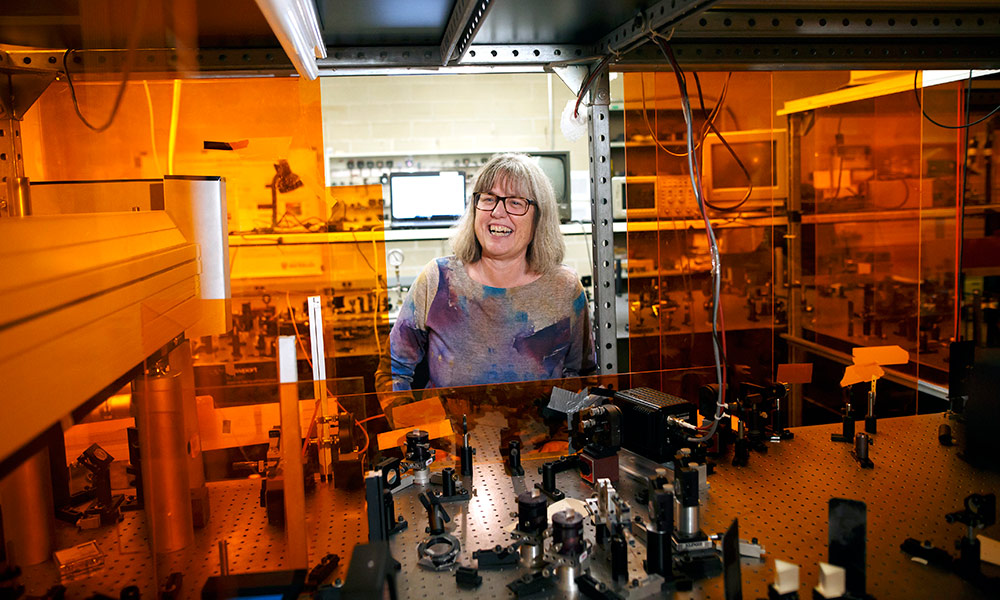 Rochester’s Nobel laureates
Rochester’s Nobel laureatesRochester alumni and faculty have received Nobel Prizes across a range of categories that includes physics, medicine or physiology, and economics.
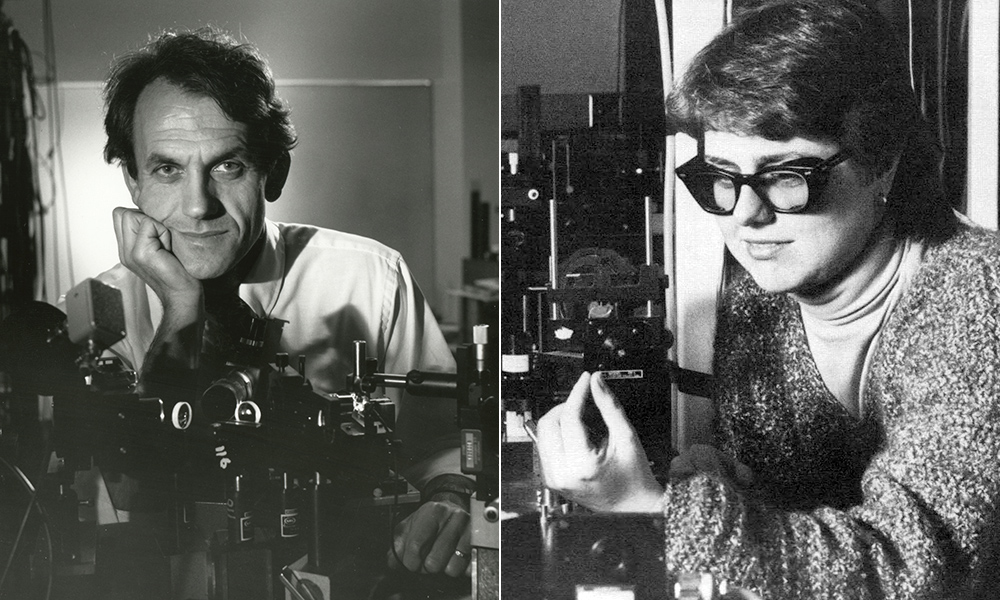
Rochester breakthrough in laser science earns Nobel Prize
Rochester graduate Donna Strickland ’89 (PhD) and former Laboratory for Laser Energetics scientist Gérard Mourou were recognized for their work to develop lasers as a high-powered tool.
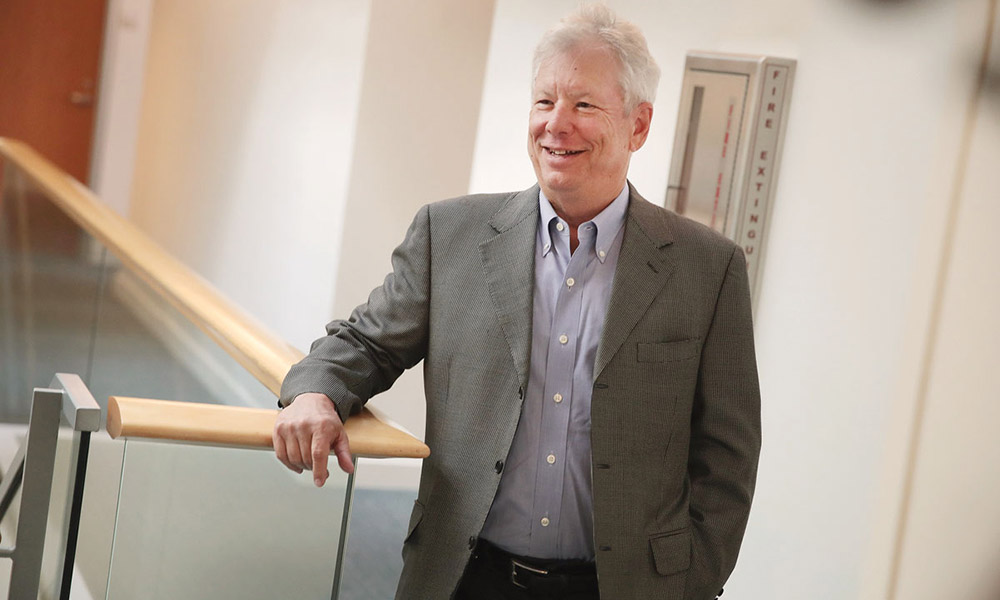
A conversation with a Rochester Nobel Prize recipient
Rochester graduate Richard Thaler ’74 (PhD) talks about his work, which was recognized with the 2017 Nobel Memorial Prize in Economic Sciences.

